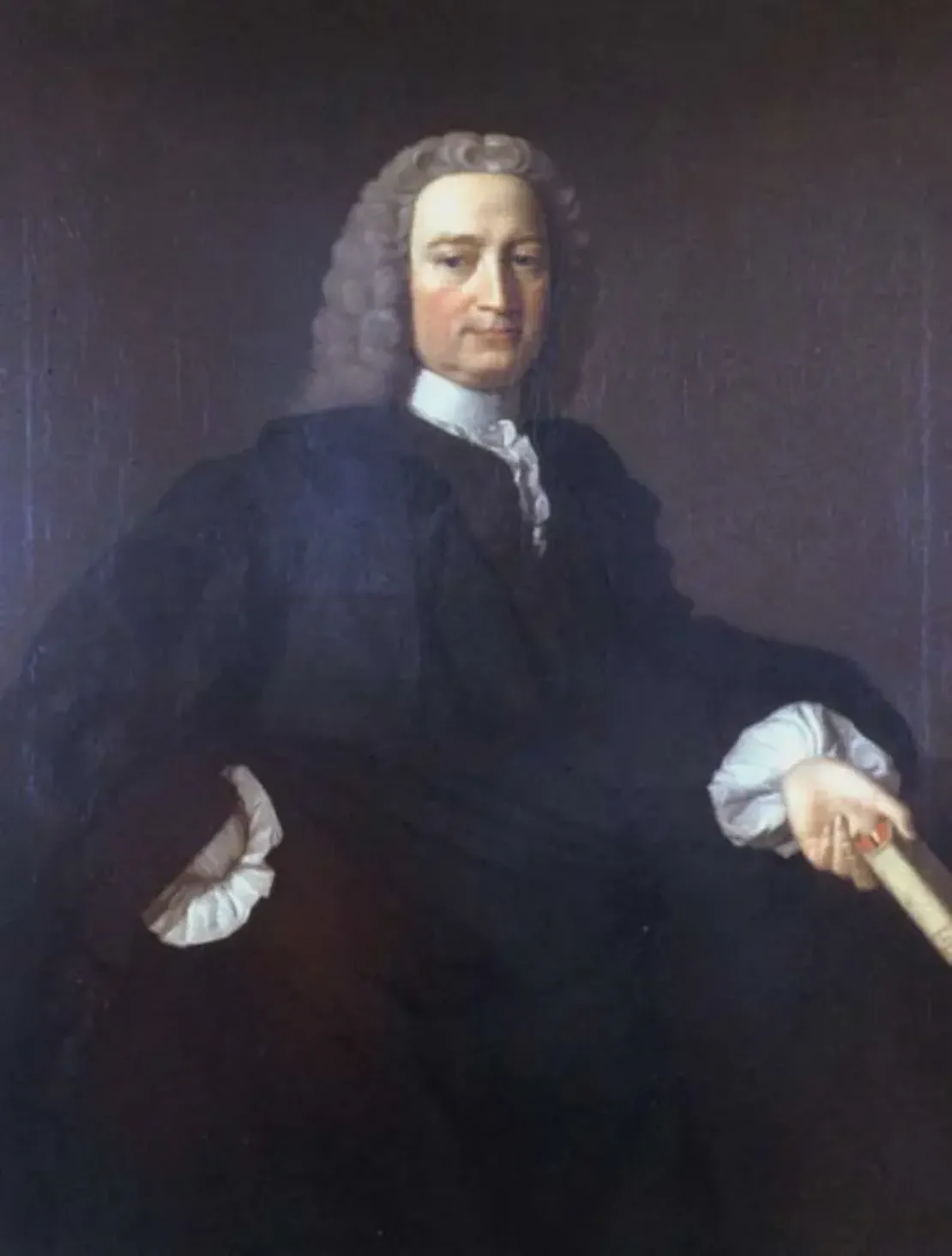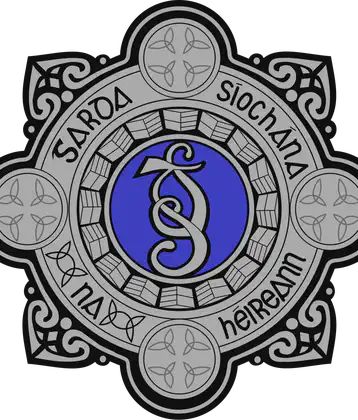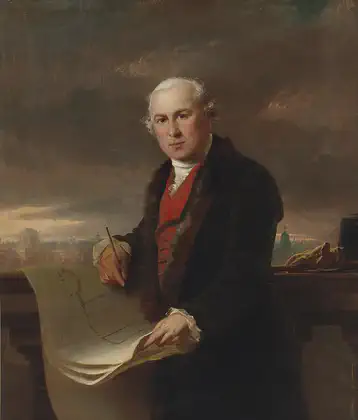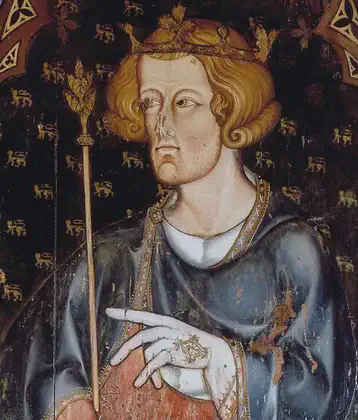August 8th , 1694
Francis Hutcheson, a significant figure in the history of philosophy and one of the founding figures of the Scottish Enlightenment, was born on August 8, 1694, in Drumalig, a townland near Saintfield, County Down, Ireland. Hutcheson is best known for his work in moral philosophy and his influence on later thinkers, including David Hume and Adam Smith.
Early Life and Education
- Family Background: Francis Hutcheson was born into a Scottish Presbyterian family that had settled in Ireland. His father was a minister, and the family was part of the Ulster Scots community, which had a strong tradition of education and intellectual inquiry.
- Education: Hutcheson received his early education at home and then attended the University of Glasgow in Scotland, where he studied philosophy, classics, and theology. The intellectual environment of Glasgow would play a crucial role in shaping his thinking and future career.
Academic Career
- Return to Ireland: After completing his studies in Glasgow, Hutcheson returned to Ireland, where he opened a private academy in Dublin. There, he taught subjects such as philosophy and logic, and he began to develop his ideas on moral philosophy that would later make him famous.
- Published Works: Hutcheson’s most influential works include “An Inquiry into the Original of Our Ideas of Beauty and Virtue” (1725) and “An Essay on the Nature and Conduct of the Passions and Affections” (1728). In these works, Hutcheson argued that humans have an innate sense of morality, which he called the “moral sense.” He believed that this sense guides us to distinguish between right and wrong, independent of religious teachings or social conventions.
Philosophical Contributions
- Moral Philosophy: Hutcheson is often credited with developing the concept of the “greatest happiness for the greatest number,” an idea that would later be central to utilitarianism. He argued that the moral value of an action is determined by its ability to promote the overall happiness and well-being of others.
- Aesthetic Theory: Hutcheson also made significant contributions to aesthetics, particularly with his ideas about beauty and taste. He believed that beauty is not merely a matter of individual preference but is rooted in a universal human capacity to recognize and appreciate certain qualities.
- Influence on Enlightenment Thought: Hutcheson’s ideas were highly influential during the Scottish Enlightenment, a period of intense intellectual activity in Scotland during the 18th century. His emphasis on reason, human nature, and moral philosophy laid the groundwork for later thinkers like David Hume and Adam Smith.
Later Life and Legacy
- Professor at Glasgow: In 1729, Hutcheson was appointed professor of moral philosophy at the University of Glasgow, a position he held until his death in 1746. During his time at Glasgow, he continued to write and teach, mentoring a generation of students who would carry forward his ideas.
- Influence on Political Thought: Hutcheson’s ideas also had a significant impact on political philosophy, particularly in the areas of natural rights and the justification of resistance to tyranny. His thoughts on liberty and the rights of individuals contributed to the intellectual foundations of the American Revolution.
Francis Hutcheson’s birth in County Down marked the beginning of a life that would greatly influence the development of modern philosophy. His contributions to moral philosophy, aesthetics, and political thought had a lasting impact on the Scottish Enlightenment and the broader intellectual currents of the 18th century. Hutcheson remains a key figure in the history of philosophy, remembered for his belief in the innate moral sense and his advocacy for human happiness and well-being.

















